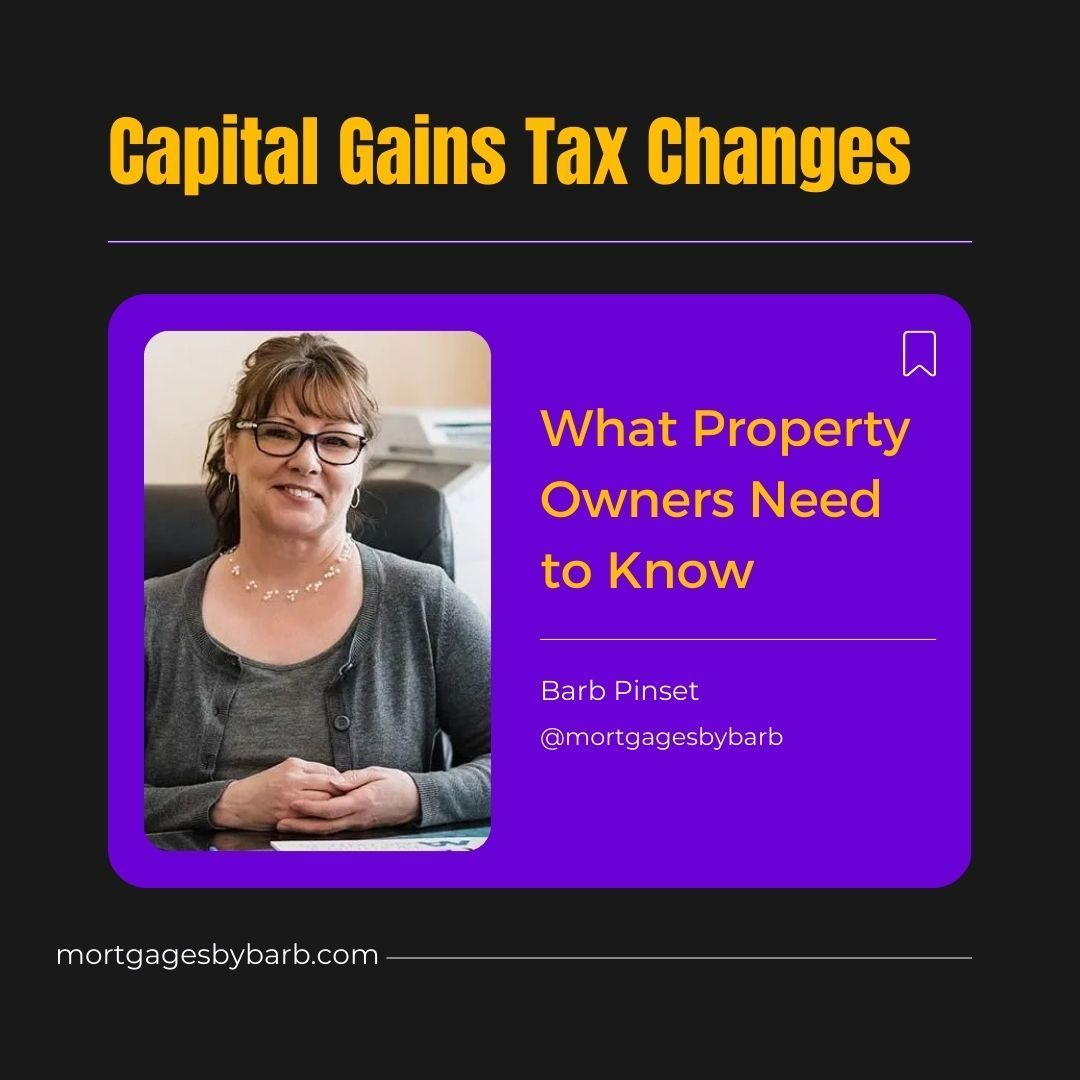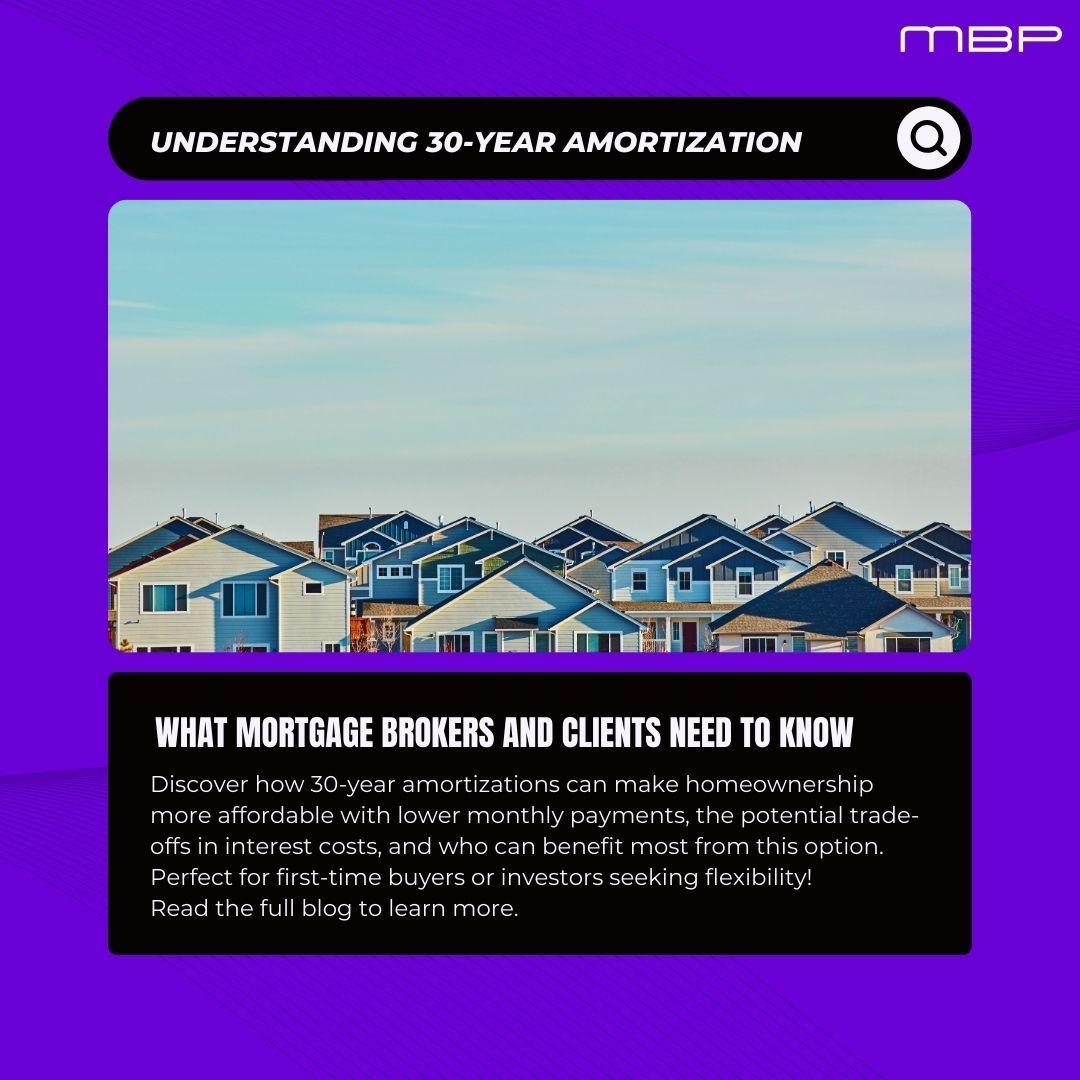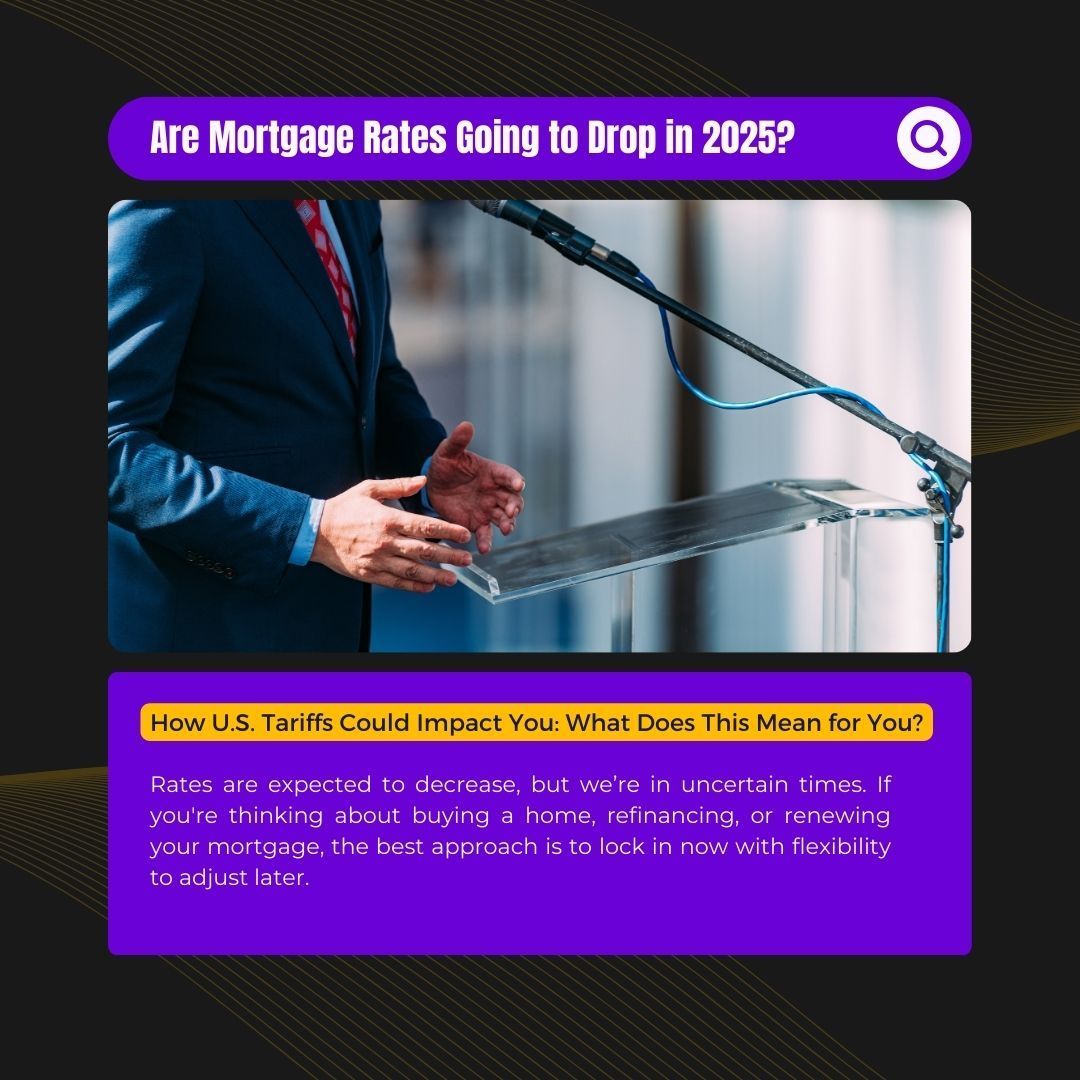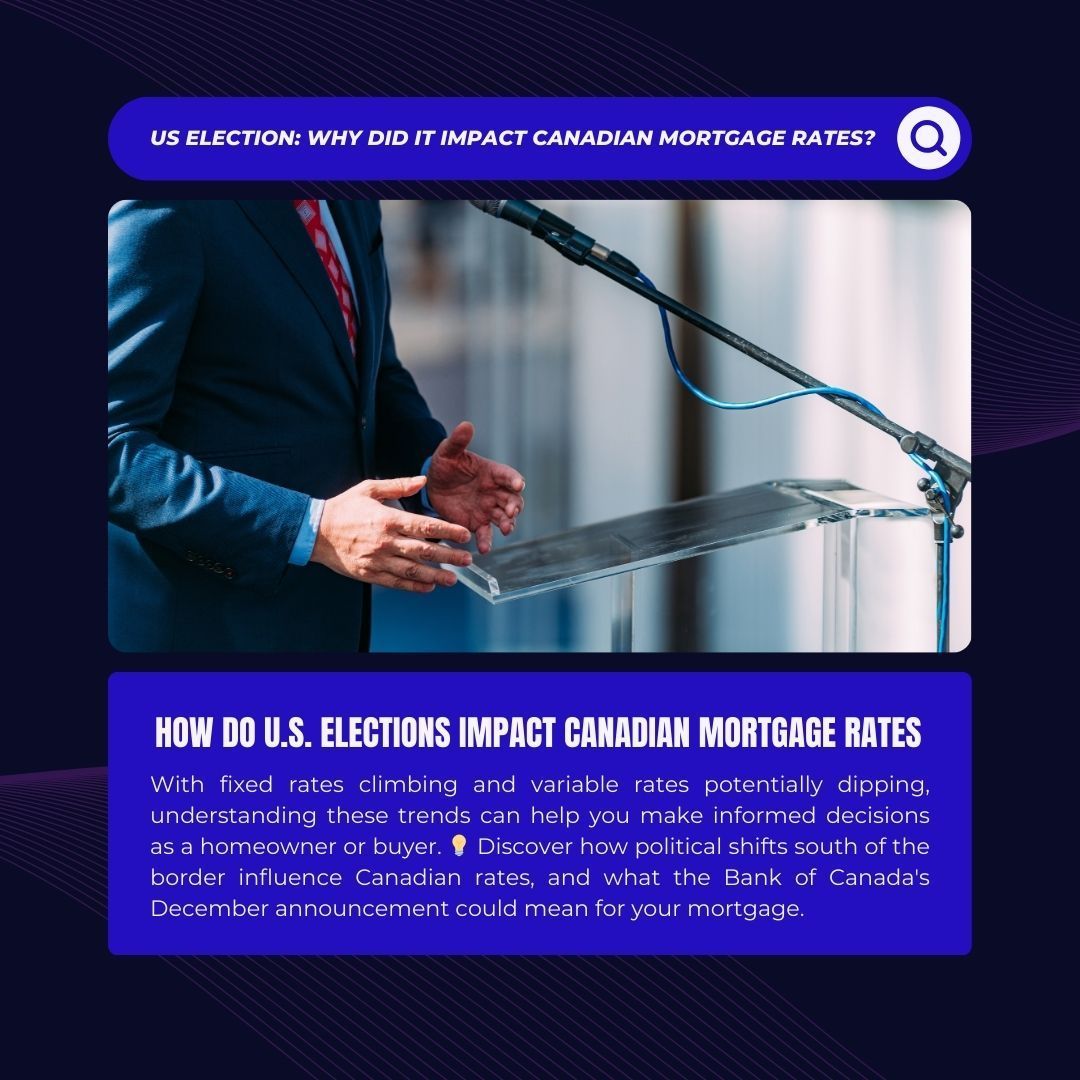Low Rates, High Stakes: Understanding the Why Behind Massive Penalties in Your Future.
In today's ever-changing economic landscape, the environment for mortgage rates is akin to a roller coaster ride. The recent dip in bond yields has led to a decrease in fixed rates, making it an interesting time for those navigating the real estate market. However, predicting the direction of these rates has become increasingly challenging, especially considering the past year's excessive increases in both fixed and variable rates.

In anticipation of 2024, economists predict a slight decline in fixed rates, with a projected 0.50% decrease in the Prime rate. This information is vital for recent fixed-rate mortgage commitments. During the pandemic-induced rate crash, rates significantly dropped, creating a substantial gap between individuals' contract rates and the available rates. This led to a scenario where many sought to break their existing contracts to capitalize on the low market rates. Consequently, penalties for breaking such contracts skyrocketed, reaching $20,000 or more in some cases. This history serves as a stark reminder for those in the market or seeking pre-approval to carefully consider their short and long-term strategies.
If you're in the market for the best mortgage rate, the 5-year fixed rates might catch your eye, but be cautious – choosing them could mean hefty penalties if you decide to make changes within that time. Mortgages are essentially contracts, and breaking them comes with a significant cost. As your guide through the mortgage journey, it's crucial to emphasize that while variable rates might be slightly higher now, they often come with lower penalties, making them a sensible choice if your financial future is uncertain over the next five years. Ultimately, as a homeowner, the best rate is the one you're comfortable with. My role is to inform you about what that looks like both now and in the future, especially in today's rate environment, where opting for a low fixed rate now could potentially lead to higher penalties later on.

Understanding Mortgage Prepayment Penalties
A mortgage prepayment penalty is a rule set by your lender to stop you from paying back your mortgage too soon or quicker than you both agreed, usually for a certain term like 5 years. When you get a mortgage, you and the lender make a deal, and they expect to earn a certain amount of interest during that time – that's how they run their business and make money. Breaking this deal early can lead to extra charges known as prepayment penalties.
The cost of these penalties varies across lenders and is influenced by factors such as the prepayment amount, interest rates, and the remaining term of the mortgage. Fixed-rate closed mortgages often incur penalties that are the greater of three months' interest payments or an interest rate differential (IRD). On the other hand, variable rate closed mortgages usually result in a penalty equivalent to three months' interest payments. Since these calculations vary, it's best to ask your lender or broker directly for a quote before making decisions like selling your home, switching lenders, or refinancing.

Factors Influencing Prepayment Penalty Costs
The type of mortgage significantly influences the prepayment penalties charged. Big banks tend to impose higher prepayment fees on fixed mortgages compared to monoline mortgage lenders. Monoline lenders, known for their flexibility, generally charge fairer penalties.
Different mortgage types also impact prepayment penalties. Open mortgages provide more flexibility, allowing borrowers to make lump-sum payments without penalties. However, this flexibility comes at the cost of higher interest rates. Closed mortgages, while offering lower interest rates, restrict prepayment options, often resulting in higher penalties.

Mortgage Prepayment Privilege
Some lenders provide prepayment privileges, allowing borrowers to boost their mortgage payments by a certain percentage or make lump-sum payments on their original mortgage amount, commonly around 15%. For instance, if your regular mortgage payment is $1000 per month, you could increase it by 15%, making your new monthly payment $1150. Similarly, for lump-sum prepayments, if your original mortgage amount was $100,000, you could make an annual lump sum (which can be spread across multiple payments) of $15,000. Combining these privileges, where allowed, can significantly reduce the interest you pay over time and accelerate your mortgage payoff. However, it's essential to be aware of the specific terms and limits set by each lender to avoid triggering any prepayment penalties. Exceeding this limit may trigger a prepayment penalty.
Conclusion: Navigating Mortgage Prepayments

Before committing to a mortgage contract, it's essential to review prepayment penalty clauses, mortgage rates, and terms. A thorough understanding of a lender's flexibility can prevent costly surprises down the line.
In the dynamic landscape of today's mortgage rates, the best rate is the one that aligns with your comfort level – whether fixed or variable. My role is to equip you with the knowledge needed to make informed decisions, and that includes understanding the potential impact of prepayment penalties on your mortgage journey.










